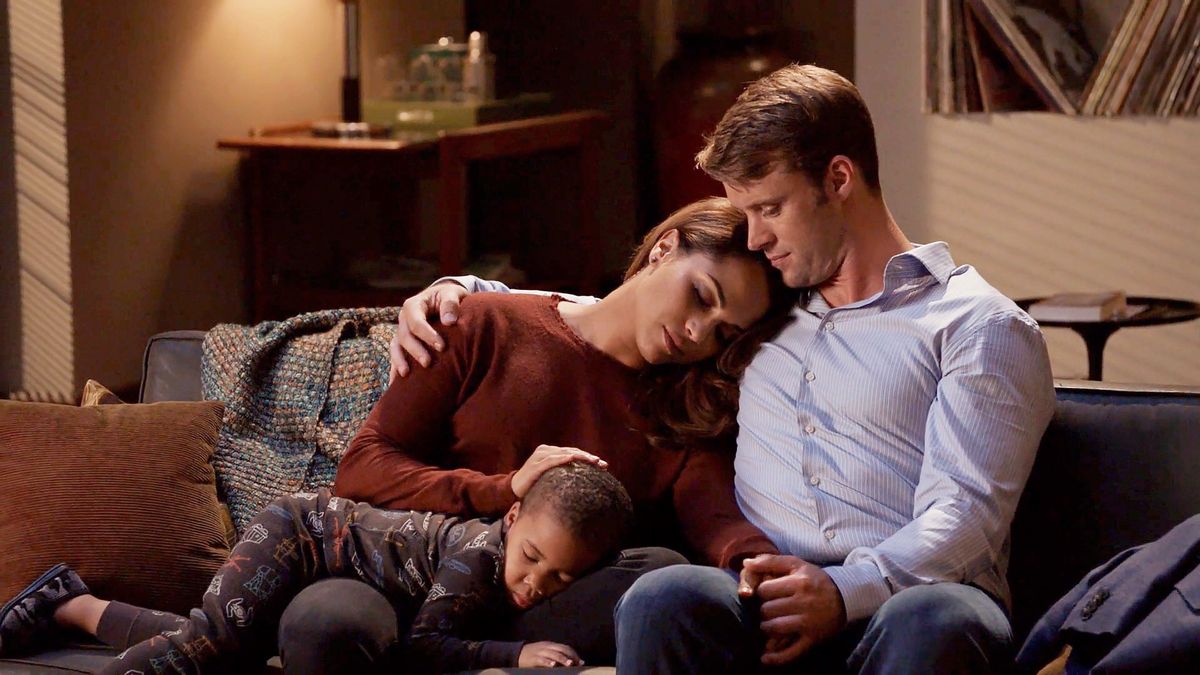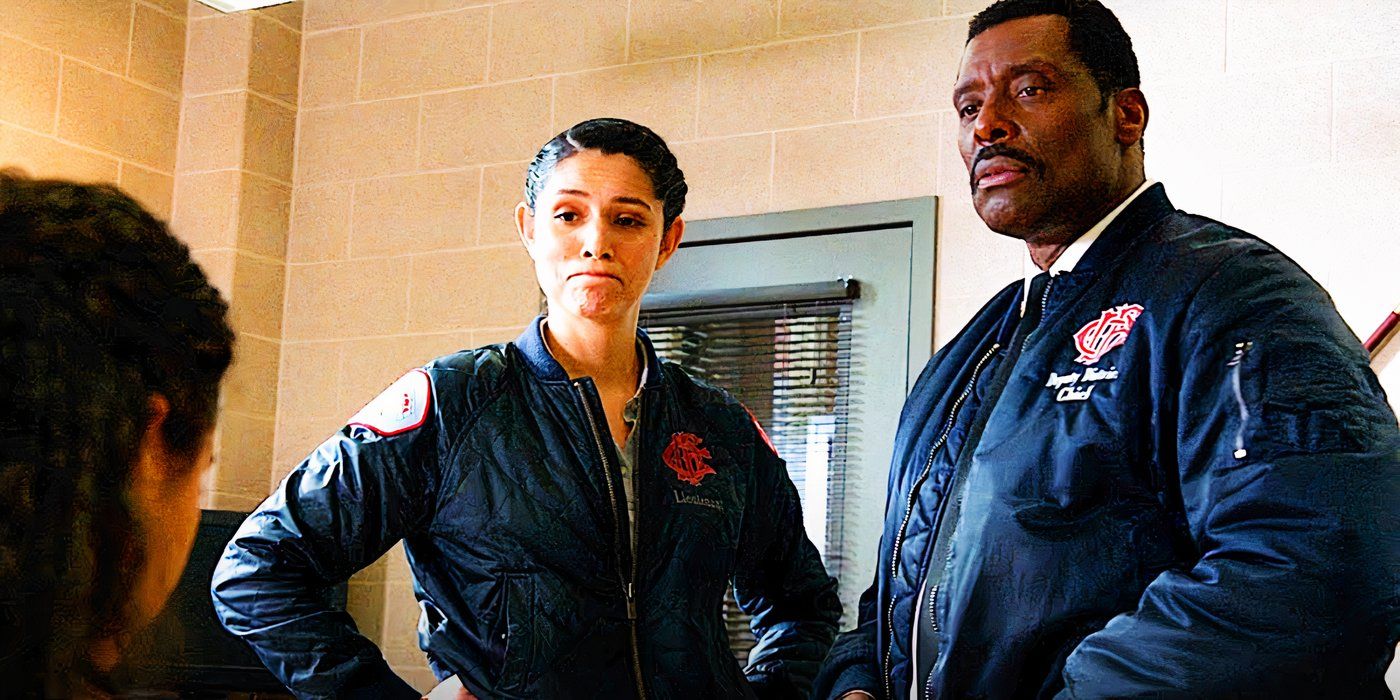When Stella Kidd first stepped into Firehouse 51, she was brash, brilliant, and often underestimated. Today, she’s a lieutenant, a mentor, and one of the few remaining anchors in a firehouse undergoing major transition. As Chicago Fire leans into its twelfth season, Kidd’s evolution from impulsive firefighter to commanding leader reflects not just personal growth—but a broader shift in how the show defines strength and leadership.
From Fighter to Leader

Early in her tenure, Kidd often clashed with authority. She challenged orders, took dangerous risks, and didn’t always play by the book. But that raw edge is exactly what made her compelling. Over time, those traits—ambition, fire, and tenacity—were sharpened into the tools of a true leader.
Earning her lieutenant’s badge wasn’t just a promotion—it was a statement. Kidd didn’t inherit the role. She fought for it. Trained for it. And proved again and again that leadership doesn’t mean standing apart from your team—it means standing up for them.
Today, her command of Truck 81 is measured, confident, and distinctly her own. She doesn’t mimic Boden or Casey. She leads like Kidd—empathetically, assertively, and always with an eye on those coming up behind her.
Mentorship in Action
One of the most compelling developments in recent seasons has been Kidd’s growing role as a mentor. Her “Girls on Fire” program planted the seeds for her leadership journey, and now we’re seeing the long-term impact.
Kidd doesn’t just train firefighters—she inspires them. Her guidance of young recruits, particularly her current dynamics with Carver and Ritter, shows how she’s using her own journey to help others navigate theirs. She doesn’t shield them from failure; she teaches them to rise from it.
In many ways, Kidd is becoming to the next generation what Boden was to her: a guide, a challenger, a protector.
The Kidd and Severide Dynamic

The Stella-Severide relationship has long been one of the emotional pillars of Chicago Fire. But recent seasons have tested their bond in ways that go far beyond traditional TV romance arcs. With Severide often absent due to off-screen investigations or extended training assignments, Kidd has been forced to redefine herself outside of their partnership.
And she’s risen to the challenge.
Instead of letting absence weaken her, Kidd has leaned further into her role as a leader. The show smartly resists making her character revolve solely around Severide. While she misses him—and we see that pain—her storyline continues independently, affirming her autonomy and strength.
Their relationship remains significant, but it no longer defines her. That, in itself, is growth.
Breaking the Mold
TV doesn’t always allow its female characters to be tough without being cold, or emotional without being weak. Stella Kidd breaks that mold. She’s fierce and vulnerable. Determined and doubtful. She makes mistakes—but she owns them, learns from them, and comes back stronger.
She doesn’t try to “be one of the guys.” She leads as herself. And in doing so, she challenges outdated assumptions about what leadership looks like in a firehouse—and on network television.
What’s Next for Stella Kidd?
Season 12 finds Kidd balancing her duties on the truck with increasing responsibility inside the house. With Boden stepping back more and more into administrative work, some fans are already wondering: could Kidd one day become Battalion Chief?
It’s not just a pipe dream. She has the temperament, the respect, and the experience. More importantly, she has the narrative weight. As Chicago Fire looks to a future potentially without some of its original leads, Kidd represents continuity—and possibility.
Final Thoughts
Stella Kidd isn’t just surviving change at Firehouse 51—she’s driving it. Her journey is a blueprint for what Chicago Fire can be moving forward: character-driven, emotionally grounded, and deeply empowering.
In a firehouse where heroes come and go, leaders retire, and families are built and broken, Kidd remains a symbol of resilience. Not because she’s perfect—but because she never stops evolving.
Firehouse 51 is in good hands.





